March 23, 2021 at 12 PM ET
Online Webinar Series
Register here
This panel will explore contemporary legal battles over access to abortion and the activism driving them. Barriers to sexual and reproductive healthcare take different forms around the world but local battles contribute to larger struggles for reproductive justice. Panelists will discuss how activists and policymakers can strengthen local and global reproductive justice frameworks despite dogged opposition. We are eager to hear about the experiences of the panelists in their activism, including legal battles and other advocacy strategies. We look forward to a lively and passionate discussion where all participants can share their stories and their own lived experiences.
Moderator
Alicia Ely Yamin
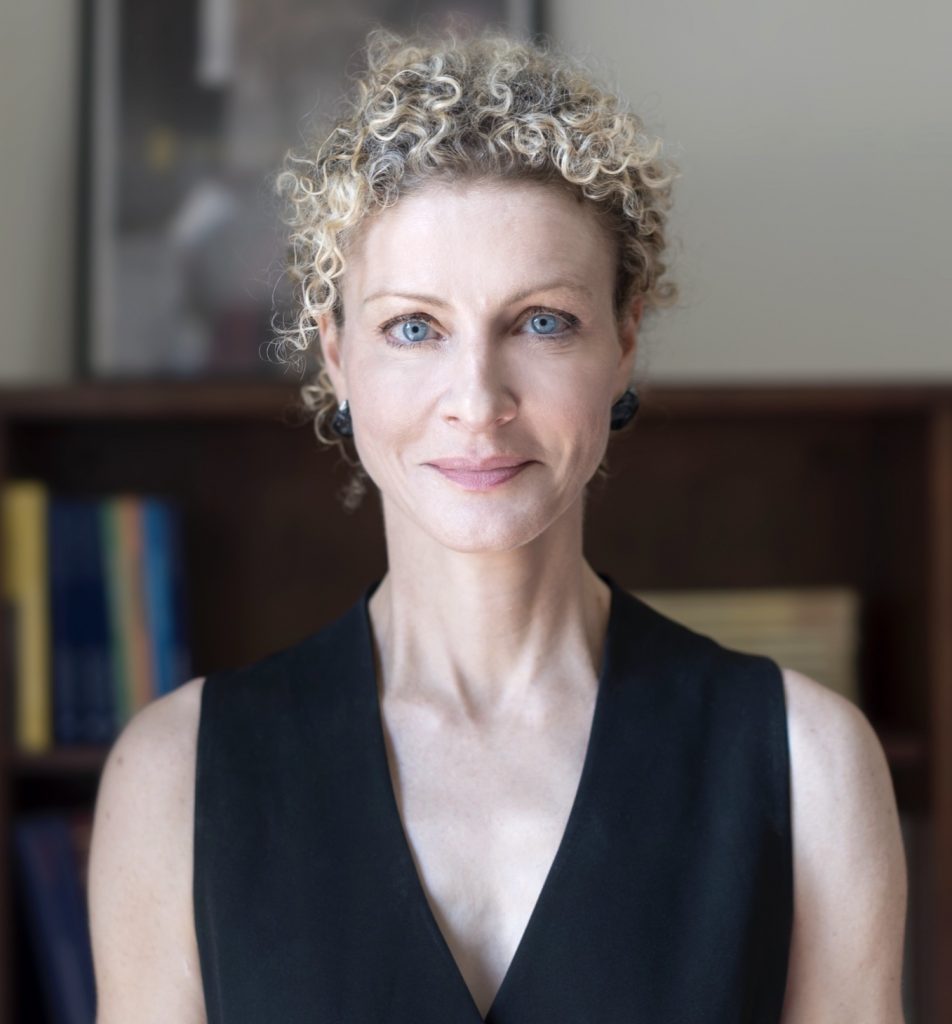
Alicia Ely Yamin is currently a Lecturer on Law and Senior Fellow at the Petrie-Flom Center for Health Law Policy, Biotechnology and Bioethics at Harvard Law School; and Senior Advisor on Human Rights at the global health justice organization, Partners in Health. Yamin also serves as Research Director of the Gender, Sexuality and the Law Unit at the Centre on Law and Social Transformation (Bergen, Norway). Additionally, she holds an adjunct appointment at the Harvard TH Chan School of Public Health, as well and is a faculty affiliate of the Department of Global Health and Social Medicine at Harvard Medical School.
Trained in both law and public health at Harvard, Yamin’s 30 -year career at the intersection of global health and human rights has bridged academia and activism, as well as law and global health/development. Yamin has lived and worked in Latin America and East Africa for half of her professional life, working with and through local advocacy organizations.
Known globally for her trans-disciplinary scholarship in relation to economic and social rights, sexual and reproductive health and rights, and the right to health, Yamin has contributed to the work of human rights treaty-monitoring bodies, UN Special Procedures, and reports prepared for Human Rights Council, as well as to expert groups at the WHO.
In 2016, the UN Secretary General appointed Yamin as one of ten international global health experts to the Independent Accountability Panel (IAP) for the Global Strategy on Women’s, Children’s and Adolescents’ Health in the Sustainable Development Goals (SDGs). She currently serves on the WHO’s Technical Advisory Group on Health Technology Assessments, as well as the Lancet Commission on Arctic Health and the Expert Working Group on Global Public Investment.
In 2011, Yamin was named by the Colombian Constitutional Court as an Independent Expert on the implementation of T 760/08, a major structural judgment that led to significant health system reform. She was also the only non-Kenyan appointed to the oversight committee for health matters of the Constitutional Implementation Commission in relation to the 2010 Kenyan Constitution. In 2017, Yamin provided expert testimony on behalf of the Inter-American Commission of Human Rights in Poblete Vilches v Chile, in which the Inter-American Court of Human Rights established the independent justiciability of the right to health under regional instruments. She regularly provides testimony and guidance to tribunals and legislative bodies around the globe, in relation to the application of international and constitutional law to health issues.
Yamin has published over one hundred scholarly articles in both law journals and peer-reviewed public health journals, in English and Spanish. Many of her publications have also been widely translated, including into French, Portuguese, Estonian, Arabic and Korean. Yamin’s latest book is When Misfortune becomes Injustice: Evolving Human Rights Struggles for Health and Social Equality (Stanford University Press, 2020).
Panelists
Mariana Ardila
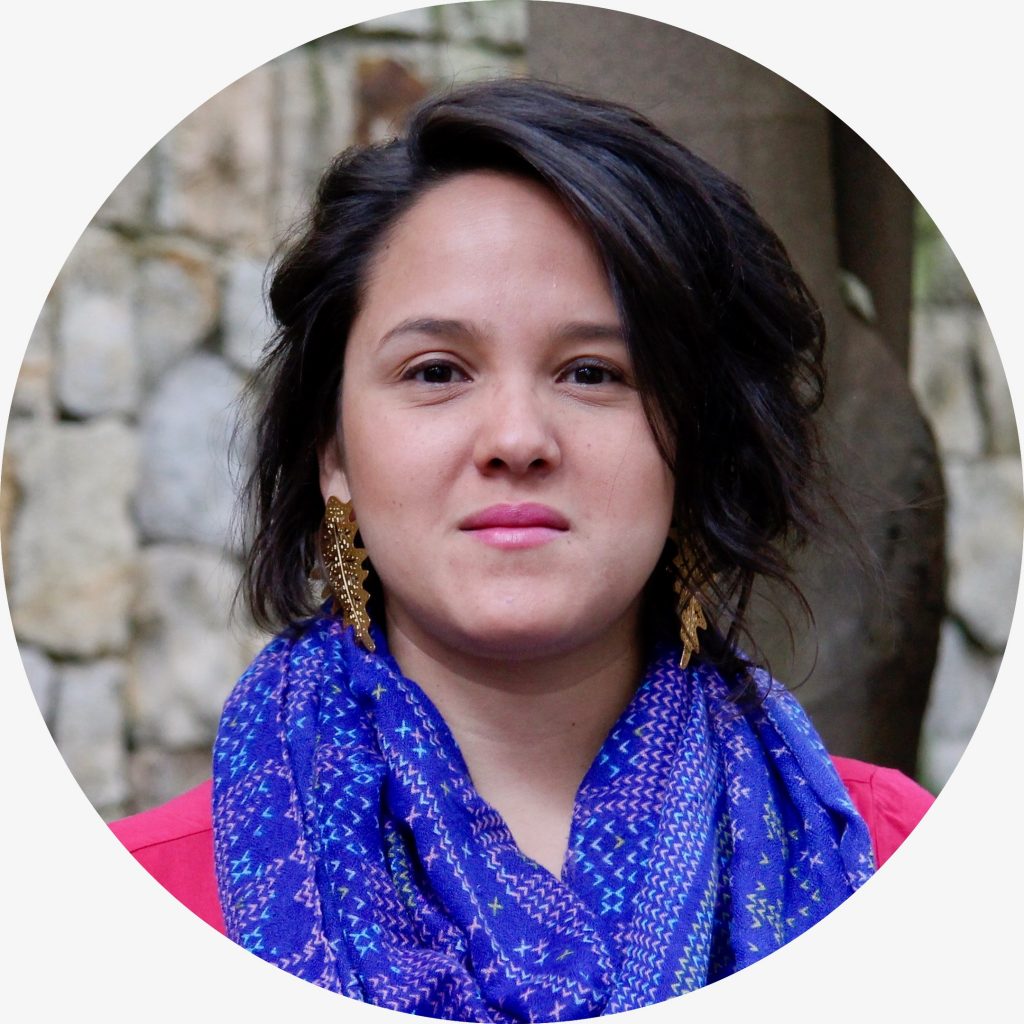
Mariana is a managing attorney at Women’s Link. There she has become a senior legal strategist and litigator, especially in SSR and international gender crimes. She previously worked for the Constitutional Court and for the Office of the Attorney General of Colombia. She is a law professor at the Externado University of Colombia, and has published legal articles and a book on gender related issues. Mariana holds a law degree from the Externado University (Colombia), and a Master’s Degree in International Law from New York University (USA)
At Women’s Link, she co-leads the organization’s work on reproductive rights and transitional justice in Latin America and Europe. In Colombia, Mariana and her legal team have successfully litigated various cases before the Constitutional Court, including the one which made access to healthcare for sexual violence victims mandatory, and the emblematic one who granted Helena, a woman who was recruited by an armed group as a child, access to reparations for the forced abortion she was subject to. She lead the delivering of the first and only report before the Special Jurisdiction for Peace about reproductive violence by FARC rebel group, as well as a reports to Colombia’s Truth Commission in relation to reproductive violence and violence against black women in the context of the armed conflict.
She is one of the main plaintiffs in the lawsuit asking the Constitutional Court the total decriminalization of abortion in Colombia, and is working to seek justice for more than 100 women affected by contraceptives failures in Chile.
Krystyna Kacpura
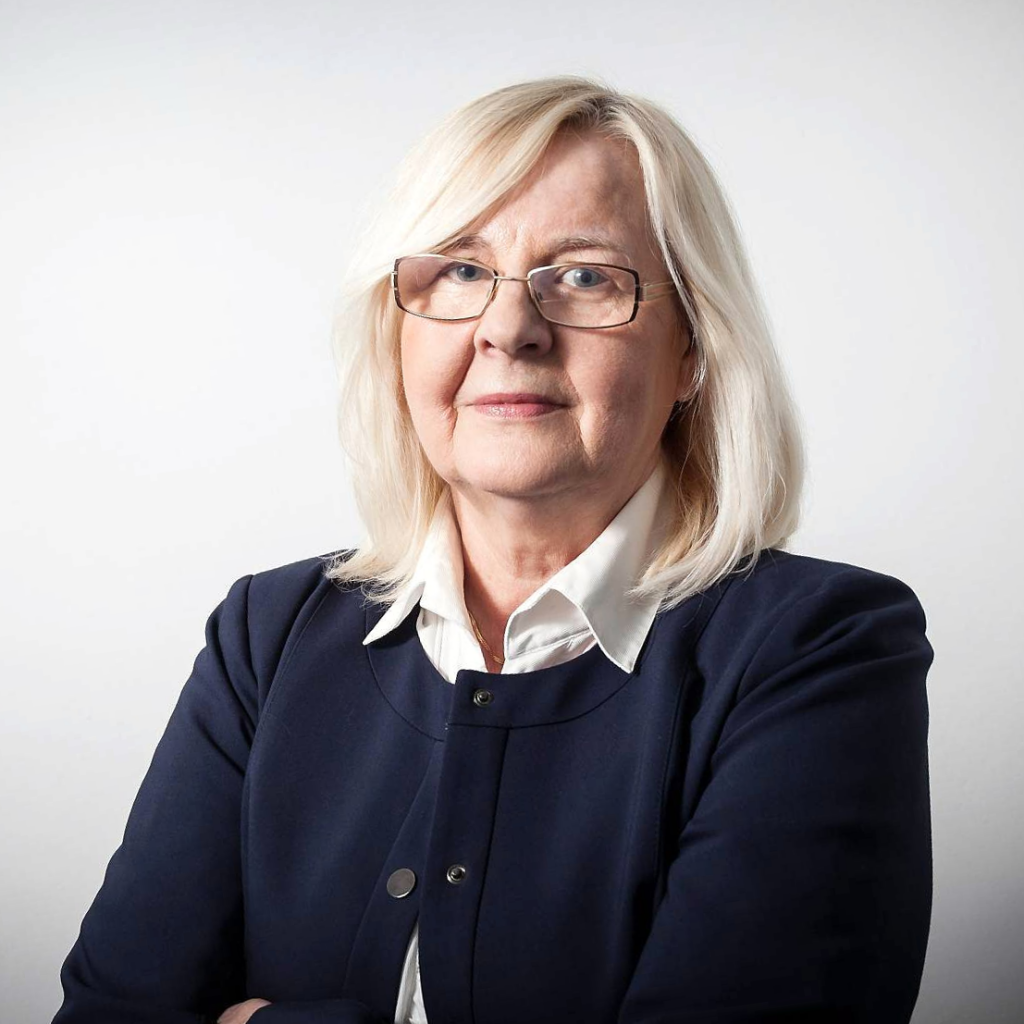
Krystyna Kacpura graduated from University of Warsaw and post graduated from the Foreign Relations Institute. Engaged in the Federation for Women and Family Planning, she has been active in the field of sexual and reproductive health and rights as the women’s rights defender for over 25 years. Author and co-author of many publications, reports and articles on sexual and reproductive health and rights in Central and Eastern Europe. Strongly engaged into the misuse of conscientious clause in Poland. Has been engaged into the monitoring process of refusals of legal abortions because of a conscientious
objection used by gynaecologists. Strongly engaged into advocacy activities on national and international levels on the liberalization of anti-abortion law in Poland. Engaged into the Black Protest in 2016 and 2017. She has managed the ASTRA Secretariat (Central and Eastern European Women’s Network for Sexual and Reproductive Health and Rights) since its establishment in 1999. Member of the European Society for Contraception and Reproductive Health and Program Council of the Congress of Polish Women.
Currently she holds the seat of Executive Director of the Federation for Women and Family Planning and ASTRA Network.
Evelyne Opondo
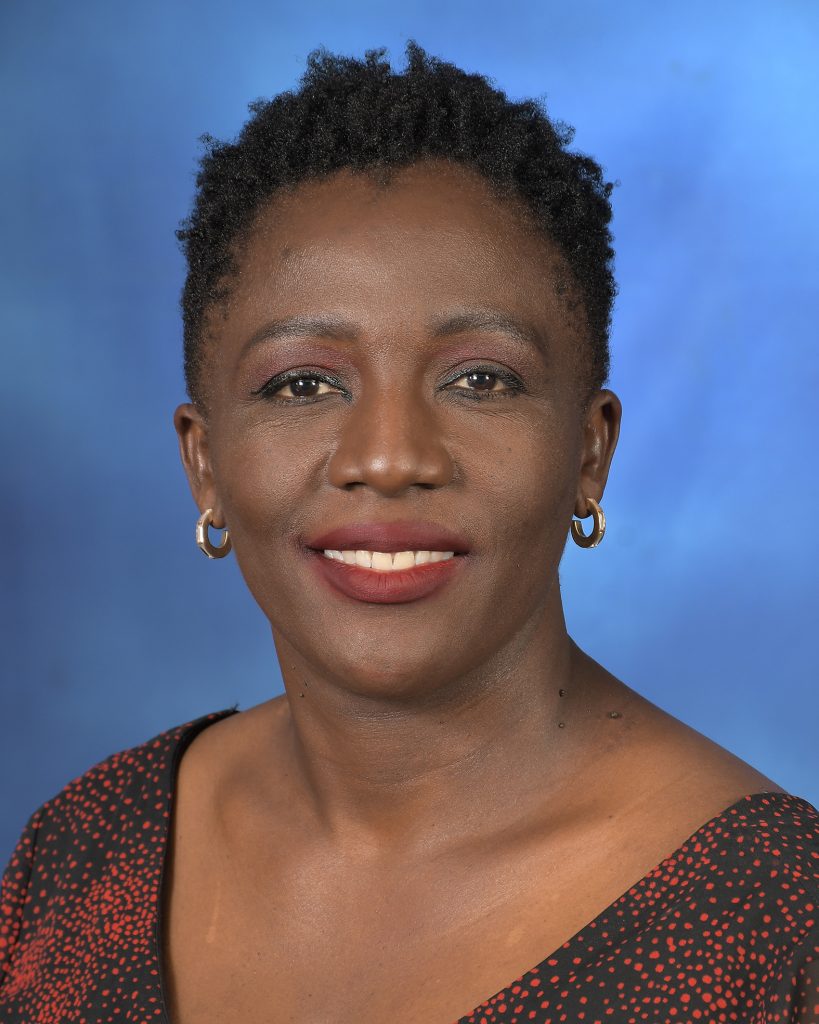
Evelyne Opondo is the Senior Regional Director for Africa at the Center for Reproductive Rights based in Nairobi, Kenya. In this role, she is responsible and accountable for developing, communicating, executing strategies and mobilizing resources to ensure successful delivery and sustainability of the mandate of the Center in Africa. Prior to joining the Center for Reproductive Rights, she served as the Regional Policy Associate for Ipas, an organization working on a singular mandate to expand access to abortion, where she focused on norm building at the Africa regional level, contributed to health systems strengthening and advocated for abortion rights. From 2004- 2010, she worked for the Federation of Women Lawyers Kenya, a premier women’s right organization where she handled litigation and advocacy on a broad range of women rights issues and held a series of progressively responsible positions. Ms. Opondo began her career in 2001 as a State Law Officer in the Office of the Attorney General of Kenya (Department of Administrator General) working mostly with poor and vulnerable women in the administration of estates particularly the identification and collection of assets and beneficiaries, litigation and subsequent transfer of estates.
She has extensive experience in gender and reproductive justice and has written a number of opinion and issue-oriented articles, primarily on women’s rights. Ms. Opondo holds a bachelor’s degree in Law from Pune University and master’s degree in Gender and Development from the University of Nairobi.
Anubha Rastogi
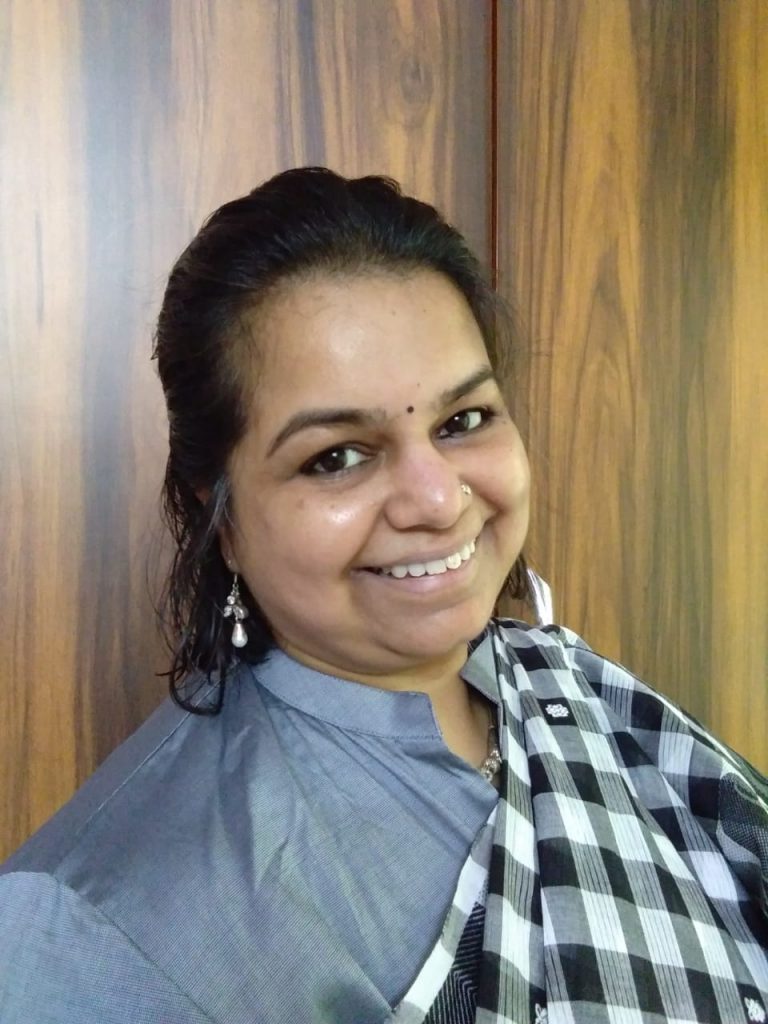
Anubha Rastogi is a litigating lawyer for the past 17 years. Originally from Mumbai, she studied law from Law Centre 1, Faculty of Law, DU and started her practice with The Chambers of Law under Adv. Anupam Srivastava, who taught her the intricacies of civil litigation. She then moved to work with the Women’s Justice Initiative of the Human Rights Law Network where she assisted women from different walks of life to access justice and also represented issues in public interest litigations. She has worked closely with a global software company to ensure that the workplace was free from sexual harassment and discrimination. She worked with the Centre for Equity Studies and was part of a legal audit done of the state response in 7 specific post partition communal massacres in India. She led the team representing the Dalit community in the Mirchpur Trial both before the trial court and the High Court resulting in enhancement of sentence for the convicts and conviction for most of the acquittals.
She is actively involved on issues sexual and reproductive health and rights and has authored ‘Assessing the Judiciary’s role in access to abortion in India part I and II’ published by the Pratigya Campaign for Gender Equality and safe abortion.
She is based in Mumbai and is also a Special Prosecutor for SEBI
Film Screening and Q&A for “Abortion Helpline, This is Lisa”
March 22, 2021 at 1:30 PM ET
Register here
The day prior to our panel, we’ll have a movie screening of “Abortion Hotline, This is Lisa” followed by a Q&A session with Director Janet Goldwater.
The 13-minute short, “Abortion Helpline, This is Lisa“ focuses on the workers of an abortion helpline in Philadelphia, all of whom go by the name “Lisa” when they answer calls. The film highlights the role of the Hyde Amendment in restricting access to abortion for Medicaid recipients. In 1976, Republican Congressman Henry Hyde sponsored the bill that made it illegal for the federal government to provide funding for abortions, unless the procedure would save a woman’s life or if the child was the product of incest or rape. The Hyde Amendment, which is still in effect today, impacts women across 33 states who have government insurance but cannot use it to offset the cost of abortions.
Janet Goldwater
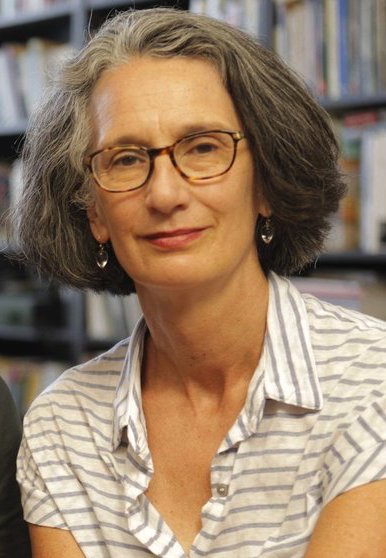
Janet Goldwater is an EMMY® nominated filmmaker who has collaborated with Barbara Attie for 30 years on award-winning documentaries for national and international broadcast. Janet co-produced and directed Abortion Helpline, This is Lisa, a short documentary that is short listed for an Oscar, is winner of the Grand Jury Prize for Short Films at AFI DOCS 2020, was an IDA Documentary Awards nominee and on the DOC NYC Short List 2020. Other documentaries include BaddDDD Sonia Sanchez (2015), Mrs. Goundo’s Daughter (2009), Rosita (2006), and Maggie Growls (2003), and Motherless: A Legacy of Loss from Illegal Abortion (1992).


